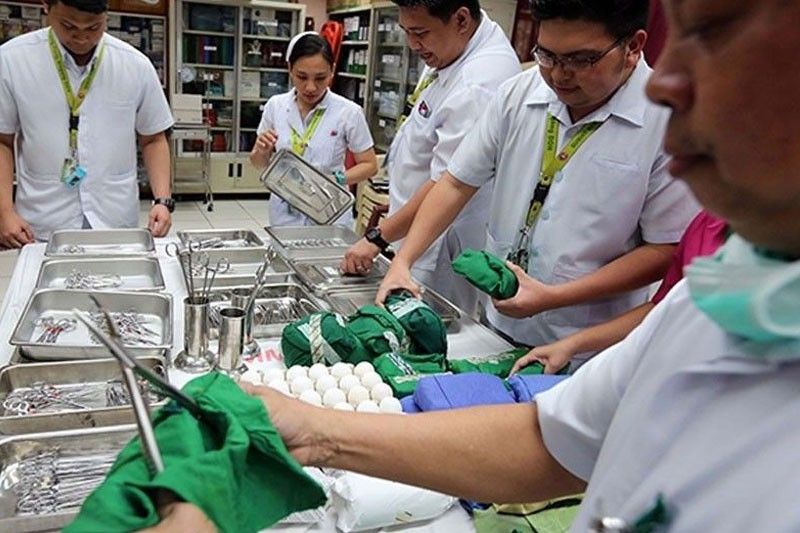‘Rare disease law funding remains inadequate’

MANILA, Philippines — Seven years after the passage of a law seeking to help Filipinos with rare diseases, the funding for Republic Act 10747 or the Rare Disease Act remains inadequate.
In a statement, Alvin Manalansan, convenor of Universal Health Care Watch, said the UHC Law is supposed to cover the basic needs of Filipinos whether they have common ailments or rare diseases.
“We appeal for a facilitated health technology assessment process for rare diseases and, if possible, the exploration of innovative financing mechanisms that will support patients in accessing diagnostic services and treatment,” Manalansan said in a recent virtual forum organized by think tank Stratbase-Albert del Rosario Institute.
Manalansan asked the government for sufficient funding for the law so that it would be sustained in the succeeding years.
RA 10747 was passed in 2016 to provide patients with rare diseases access to comprehensive medical care.
However, funding for the law was made available only in 2022, with P104.9 million in the General Appropriations Act, lodged with the University of the Philippines – National Institutes of Health. This year’s budget allocation was reduced to P28.8 million.
Victor Andres Manhit, president of Stratbase-ADRI, noted the discrepancy in the availability of treatments and resources due to the low prevalence and the widely dispersed distribution of patients with rare diseases.
“It has been seven years after the passage of a law advancing the interests of persons afflicted with rare illnesses, and yet patients and other stakeholder groups are still clamoring for government support,” Manhit said.
- Latest
- Trending






























